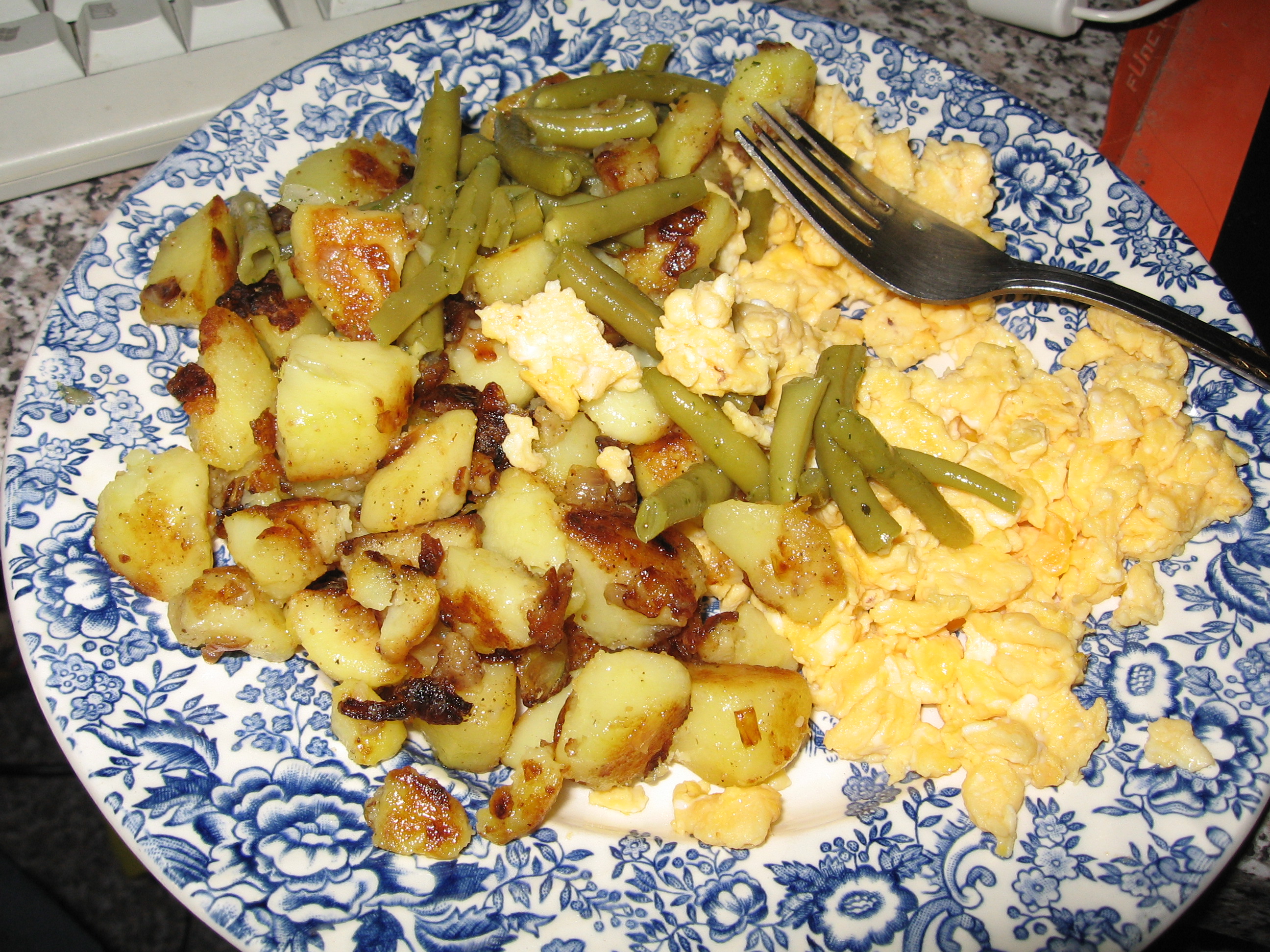Ovo vegetarianism on:
[Wikipedia]
[Google]
[Amazon]
 Ovo vegetarianism is a type of
Ovo vegetarianism is a type of
from the website of the Vegan Society Many ovo-vegetarians refuse to eat fertilized eggs, with balut being an extreme example where the egg has developed. Some vegetarians are
 Ovo vegetarianism is a type of
Ovo vegetarianism is a type of vegetarianism
Vegetarianism is the practice of abstaining from the consumption of meat (red meat, poultry, seafood, insects, and the flesh of any other animal). It may also include abstaining from eating all by-products of animal slaughter.
Vegetarianis ...
which allows for the consumption of eggs
Humans and human ancestors have scavenged and eaten animal eggs for millions of years. Humans in Southeast Asia had domesticated chickens and harvested their eggs for food by 1,500 BCE. The most widely consumed eggs are those of fowl, especial ...
but not dairy products, in contrast with lacto vegetarianism
A lacto-vegetarian (sometimes referred to as a lactarian; from the Latin root lact-, ''milk'') diet is a diet that abstains from the consumption of meat as well as eggs, while still consuming dairy products such as milk, cheese, yogurt, butter, ...
. Those who practice ovo vegetarianism are called ovo-vegetarians. "Ovo" comes from the Latin word for egg.
Motivations
Ethical motivations for excluding dairy products are based on issues with the industrial practices behind the production of milk. Concerns include the practice of keeping a cow constantly pregnant in order for her to lactate and the slaughter of unwanted male calves. Other concerns include the standard practice of separating the mother from her calf and denying the calf its natural source of milk. This contrasts with the industrial practices surrounding egg-laying hens, which produce eggs for human consumption without being fertilized. Ovo-vegetarians often preferfree-range eggs
Free-range eggs are eggs produced from birds that may be permitted outdoors. The term "free-range" may be used differently depending on the country and the relevant laws, and is not regulated in many areas.
Eggs from hens that are only indoors ...
, that is, those produced by uncaged hens.Hens & Eggsfrom the website of the Vegan Society Many ovo-vegetarians refuse to eat fertilized eggs, with balut being an extreme example where the egg has developed. Some vegetarians are
lactose intolerant
Lactose intolerance is a common condition caused by a decreased ability to digest lactose, a sugar found in dairy products. Those affected vary in the amount of lactose they can tolerate before symptoms develop. Symptoms may include abdominal pa ...
and have a casein
Casein ( , from Latin ''caseus'' "cheese") is a family of related phosphoproteins ( αS1, aS2, β, κ) that are commonly found in mammalian milk, comprising about 80% of the proteins in cow's milk and between 20% and 60% of the proteins in hum ...
allergy
Allergies, also known as allergic diseases, refer a number of conditions caused by the hypersensitivity of the immune system to typically harmless substances in the environment. These diseases include hay fever, food allergies, atopic derm ...
, and are therefore unwilling to consume milk
Milk is a white liquid food produced by the mammary glands of mammals. It is the primary source of nutrition for young mammals (including breastfed human infants) before they are able to digest solid food. Immune factors and immune-modulat ...
or other dairy
A dairy is a business enterprise established for the harvesting or processing (or both) of animal milk – mostly from cows or buffaloes, but also from goats, sheep, horses, or camels – for human consumption. A dairy is typically located on ...
products.
Concerns
Ethical concerns about the consumption of eggs arise from the practice of culling male chicks shortly after birth. Practices considered humane for chick culling include maceration and suffocation using carbon dioxide. One of the main differences between avegan
Veganism is the practice of abstaining from the use of animal product—particularly in diet—and an associated philosophy that rejects the commodity status of animals. An individual who follows the diet or philosophy is known as a vegan. ...
and an ovo-vegetarian diet is the avoidance of eggs. Vegans do not consume eggs under any circumstances.
See also
*Lacto vegetarianism
A lacto-vegetarian (sometimes referred to as a lactarian; from the Latin root lact-, ''milk'') diet is a diet that abstains from the consumption of meat as well as eggs, while still consuming dairy products such as milk, cheese, yogurt, butter, ...
* Lacto-ovo vegetarianism
Lacto-ovo vegetarianism or ovo-lacto vegetarianism is a type of vegetarianism which forbids animal flesh but allows the consumption of animal products such as dairy and eggs. Unlike pescetarianism, it does not include fish or other seafood. A ty ...
* List of diets
An individual's diet is the sum of food and drink that one habitually consumes. Dieting is the practice of attempting to achieve or maintain a certain weight through diet. People's dietary choices are often affected by a variety of factors, incl ...
* List of dairy products
This is a list of dairy products. A dairy product is food produced from the milk of mammals. A production plant for the processing of milk is called a dairy or a dairy factory. Dairy farming is a class of agricultural, or an animal husbandry, ente ...
* List of vegetable dishes
* List of vegetarian restaurants
* List of egg dishes
This is a list of notable egg dishes and beverages. Eggs are laid by females of many different species, including birds, reptiles, amphibians, and fish, and have been eaten by humans for thousands of years.Kenneth F. Kiple, ''A Movable Feast: Ten ...
References